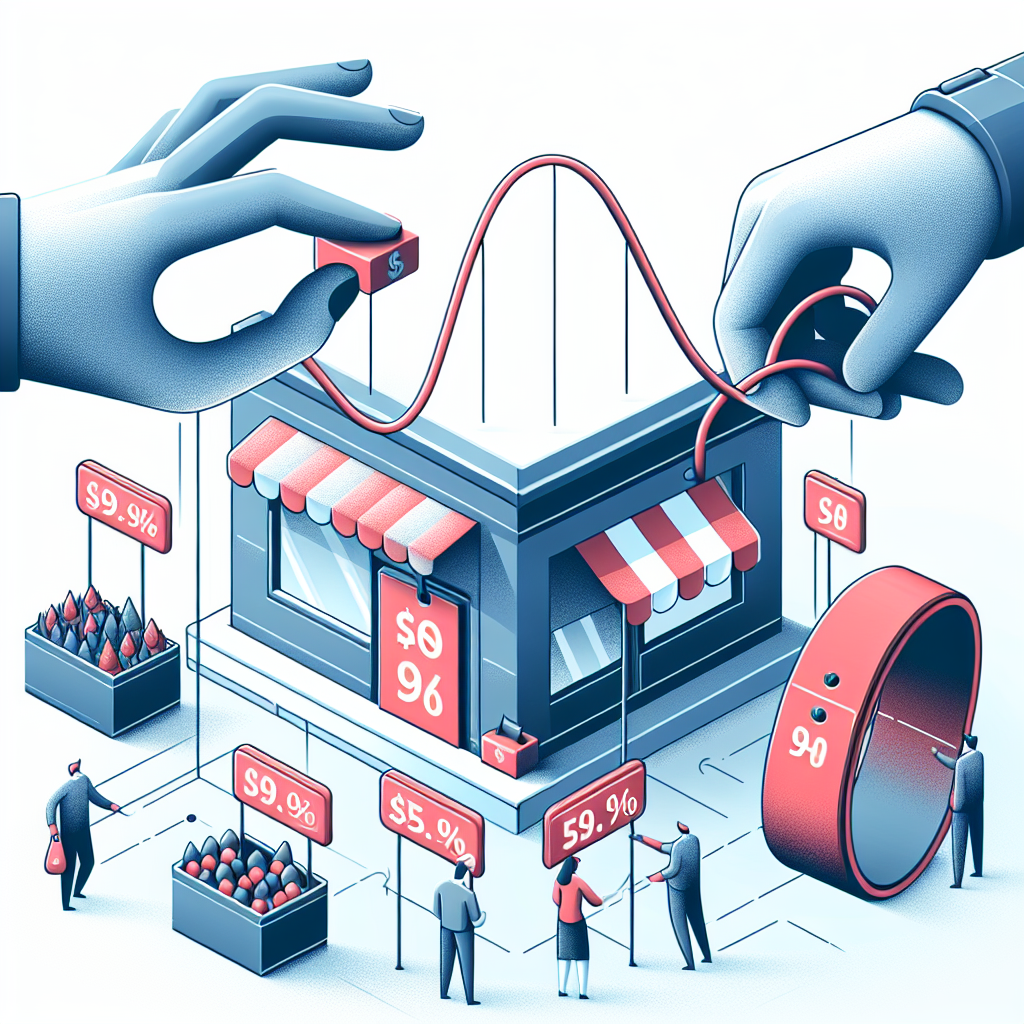Branding for Startups vs Corporates
I recently had lunch with Rachel, a brand consultant who works with both Fortune 500 companies and early-stage startups. She shared a fascinating contrast between two recent projects: helping a tech startup pivot their brand messaging in just two weeks versus managing a global corporation's brand refresh that required eighteen months of stakeholder alignment. Her startup client made the decision over a single founder meeting, while her corporate client needed approval from seven different committees across four continents. This stark difference in speed and complexity perfectly illustrates the fundamental distinctions between startup and corporate branding approaches, each with unique advantages and challenges that shape their respective paths to market success.
Introduction
The branding landscape reveals a fascinating dichotomy between startups and established corporations, each operating under distinctly different constraints, opportunities, and strategic imperatives. While startups leverage agility and founder vision to build authentic brand connections, corporations harness scale and resources to create comprehensive brand ecosystems that span multiple markets and touchpoints.
Understanding these differences becomes crucial as the business environment increasingly rewards both entrepreneurial innovation and corporate efficiency. The digital era has amplified these distinctions while creating new opportunities for both startup agility and corporate scale to drive brand success in competitive markets.
1. Startup Branding Built from Founder Vision and Agile Positioning
Startup branding emerges organically from founder passion and market insight, creating authentic brand propositions that resonate deeply with target audiences. This founder-centric approach enables rapid brand development and iteration based on real-time market feedback and customer interactions.
The agile positioning advantage allows startups to pivot brand messaging and positioning quickly in response to market opportunities or competitive threats. This flexibility enables startups to experiment with different brand approaches and optimize their positioning based on actual market performance rather than extensive research and planning.
Founder vision provides startup brands with authentic storytelling opportunities that larger corporations struggle to replicate. Personal narratives, entrepreneurial journeys, and mission-driven purposes create emotional connections that transcend traditional brand attributes and features.
Resource constraints force startups to focus on essential brand elements and prioritize high-impact branding activities. This constraint-driven approach often results in more focused and memorable brand propositions that cut through market noise more effectively than complex corporate messaging.
Digital platforms have democratized brand building for startups, providing access to sophisticated branding tools and channels previously available only to large corporations. Social media, content marketing, and influencer partnerships enable startups to build brand awareness and credibility with limited budgets.
2. Corporate Branding Through Layered Approvals and Scale Requirements
Corporate branding operates within complex organizational structures that require extensive stakeholder alignment and approval processes. These layered approvals ensure brand consistency and risk management but can slow brand development and limit agility in competitive markets.
Scale requirements drive corporate branding strategies toward standardization and systematization that can be implemented across multiple markets, channels, and business units. This approach enables consistent brand experiences but may sacrifice local relevance or innovative positioning.
Corporate brands benefit from substantial resource advantages including dedicated brand teams, research capabilities, and marketing budgets that enable comprehensive brand development and activation programs. These resources allow for sophisticated brand strategies that startups cannot afford to implement.
Established corporations possess brand equity and market credibility that provide competitive advantages in customer acquisition and partnership development. This equity represents valuable business assets that must be carefully managed and leveraged in brand strategy development.
The complexity of corporate brand portfolios requires sophisticated brand architecture and management systems that coordinate multiple brands, sub-brands, and product extensions while maintaining overall strategic coherence.
3. Storytelling and Authenticity as Universal Success Factors
Regardless of organization size, successful branding requires compelling storytelling that connects with target audiences on emotional and rational levels. Both startups and corporations must develop authentic narratives that differentiate their offerings and create meaningful customer relationships.
Authenticity emerges as a critical success factor that challenges both startup and corporate branding approaches. Startups must maintain authentic positioning as they scale, while corporations must find authentic ways to connect with customers despite their size and complexity.
Storytelling capabilities have been enhanced by digital platforms that enable rich content creation and distribution across multiple touchpoints. Both startups and corporations can leverage these platforms to tell compelling brand stories that engage customers and build loyalty.
The authenticity challenge requires different approaches for startups and corporations. Startups can leverage founder stories and mission narratives, while corporations must find authentic ways to demonstrate purpose and values through actions rather than just messaging.
Modern consumers increasingly demand authentic brand relationships that transcend traditional advertising and marketing approaches. This trend benefits organizations that can demonstrate genuine commitment to customer value and social impact.
Digital Era Transformations
Social media has leveled the playing field between startups and corporations by providing equal access to customer attention and engagement opportunities. However, success on these platforms requires different strategies based on organizational capabilities and resources.
Artificial intelligence and marketing automation enable both startups and corporations to create personalized brand experiences at scale. These technologies allow smaller organizations to compete with larger corporations while helping established companies become more agile and responsive.
E-commerce and direct-to-consumer channels provide startups with unprecedented market access while challenging corporations to develop more direct customer relationships. These channels reward authentic branding and customer experience excellence regardless of organization size.
Strategic Implications for Brand Development
Successful branding strategies must align with organizational capabilities and constraints while maximizing competitive advantages. Startups should leverage their agility and authenticity, while corporations should capitalize on their scale and resources.
Hybrid approaches are emerging that combine startup agility with corporate resources through innovation labs, startup acquisitions, and corporate venture capital. These approaches attempt to capture the benefits of both startup and corporate branding approaches.
The future of branding may favor organizations that can combine authentic storytelling with sophisticated execution capabilities, regardless of their size or structure.
Case Study: Dollar Shave Club vs Gillette Brand Strategies
The competitive battle between Dollar Shave Club and Gillette illustrates the contrasting approaches of startup versus corporate branding. Dollar Shave Club leveraged founder Michael Dubin's authentic personality and disruptive positioning to challenge Gillette's market dominance through viral video marketing and subscription-based convenience.
Dollar Shave Club's startup approach emphasized simplicity, humor, and direct customer relationships that contrasted sharply with Gillette's sophisticated product development and traditional advertising strategies. The startup's authentic brand voice and agile marketing approach enabled rapid market penetration despite limited resources.
Gillette's corporate response involved leveraging its research capabilities, manufacturing scale, and distribution network to defend market position while adapting some startup tactics including direct-to-consumer offerings and simplified product lines.
The eventual acquisition of Dollar Shave Club by Unilever for $1 billion demonstrated how corporate entities recognize and value startup branding approaches, leading to hybrid strategies that combine startup authenticity with corporate scale.
Call to Action
Brand managers in both startups and corporations must understand their unique advantages and constraints while learning from alternative approaches. Startups should focus on authentic storytelling and agile positioning while building capabilities for future scale.
Corporations should seek ways to increase brand agility and authenticity while leveraging their scale advantages. This may require organizational changes including dedicated innovation teams, startup partnerships, or acquisition strategies.
The future belongs to organizations that can effectively combine authentic brand positioning with sophisticated execution capabilities, regardless of their size or organizational structure. Both startups and corporations must continue evolving their branding approaches to remain competitive in dynamic markets.
Featured Blogs
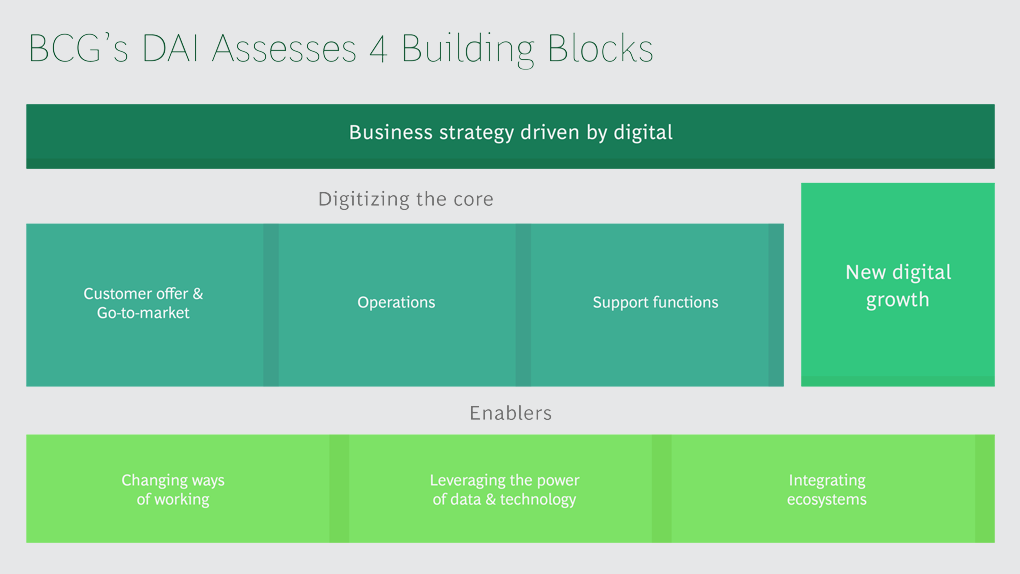
BCG Digital Acceleration Index
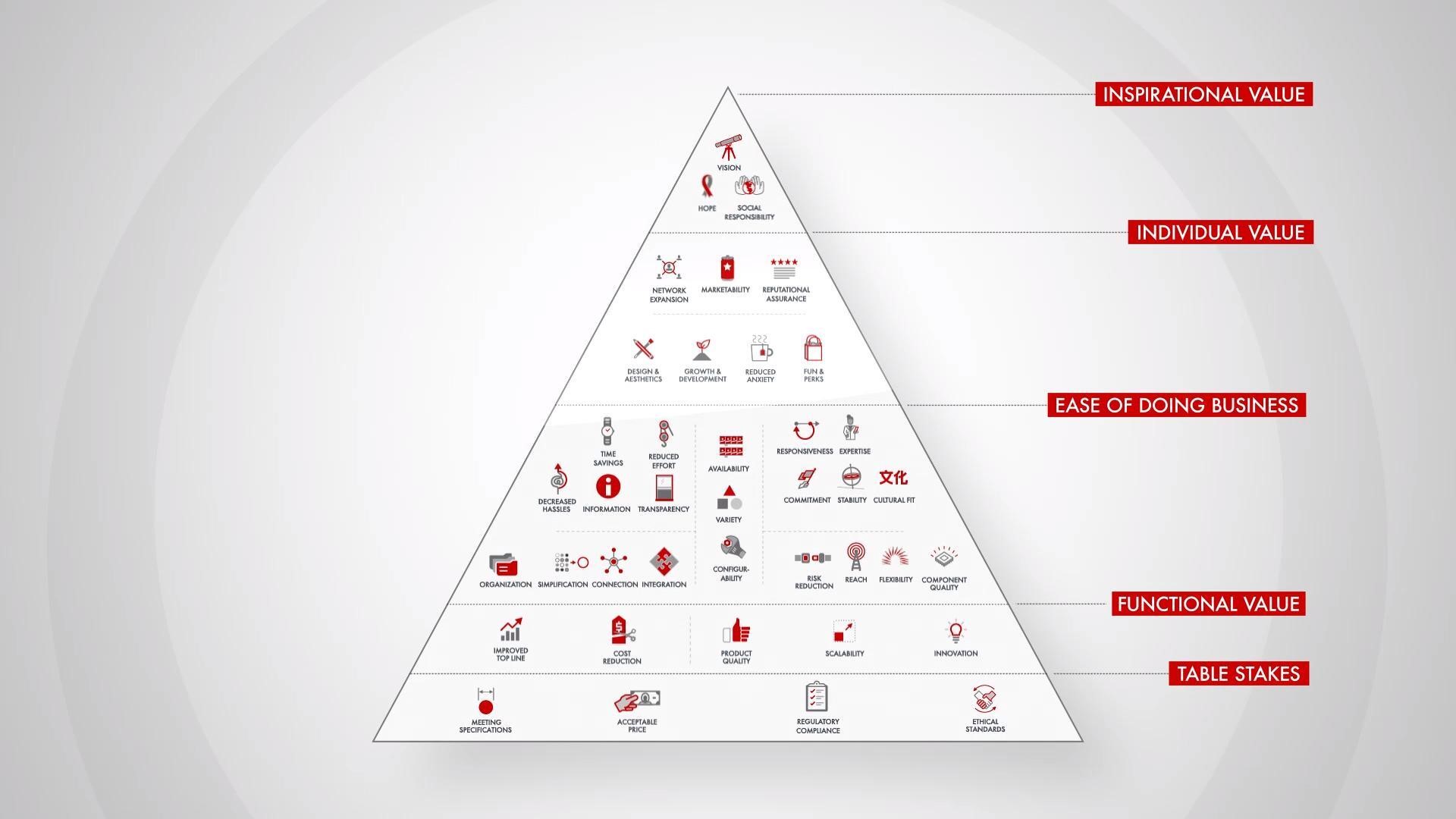
Bain’s Elements of Value Framework
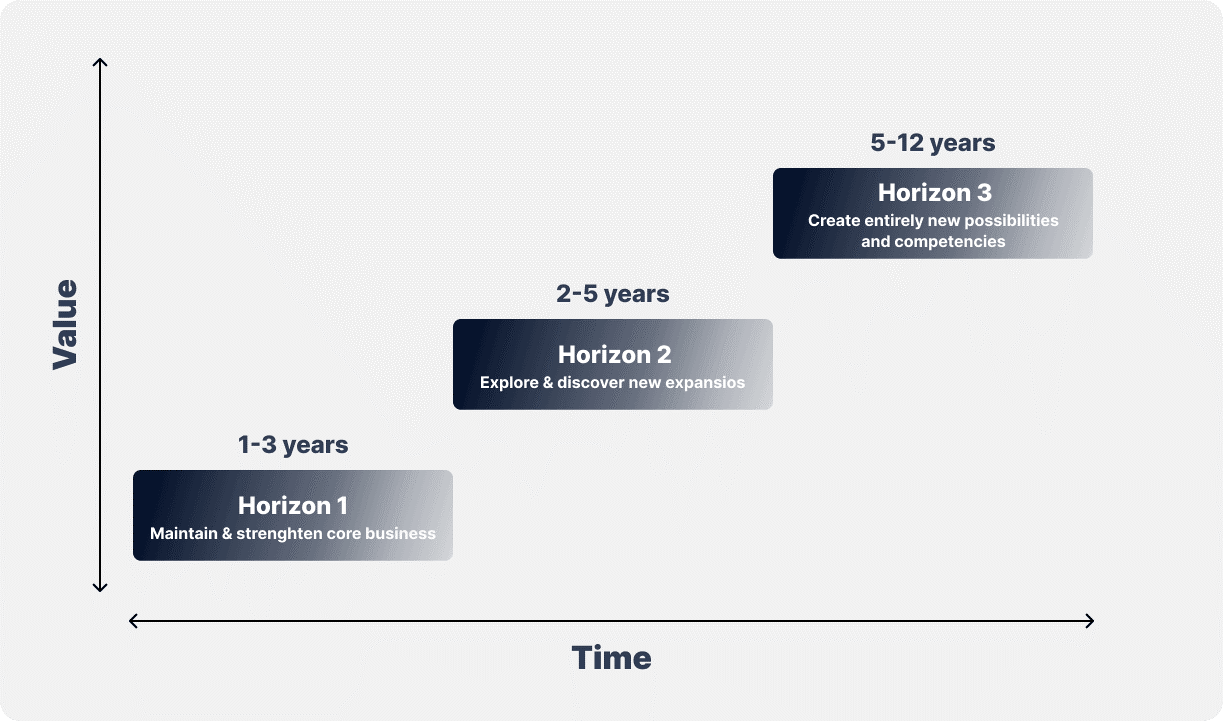
McKinsey Growth Pyramid
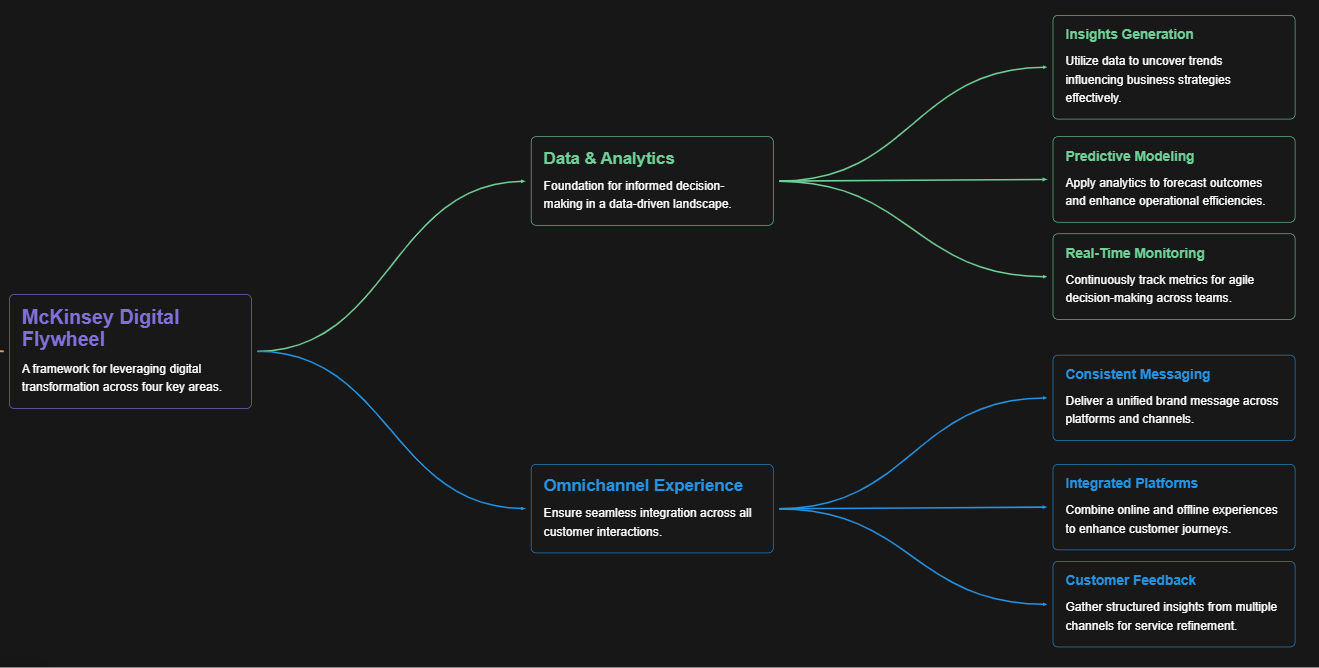
McKinsey Digital Flywheel
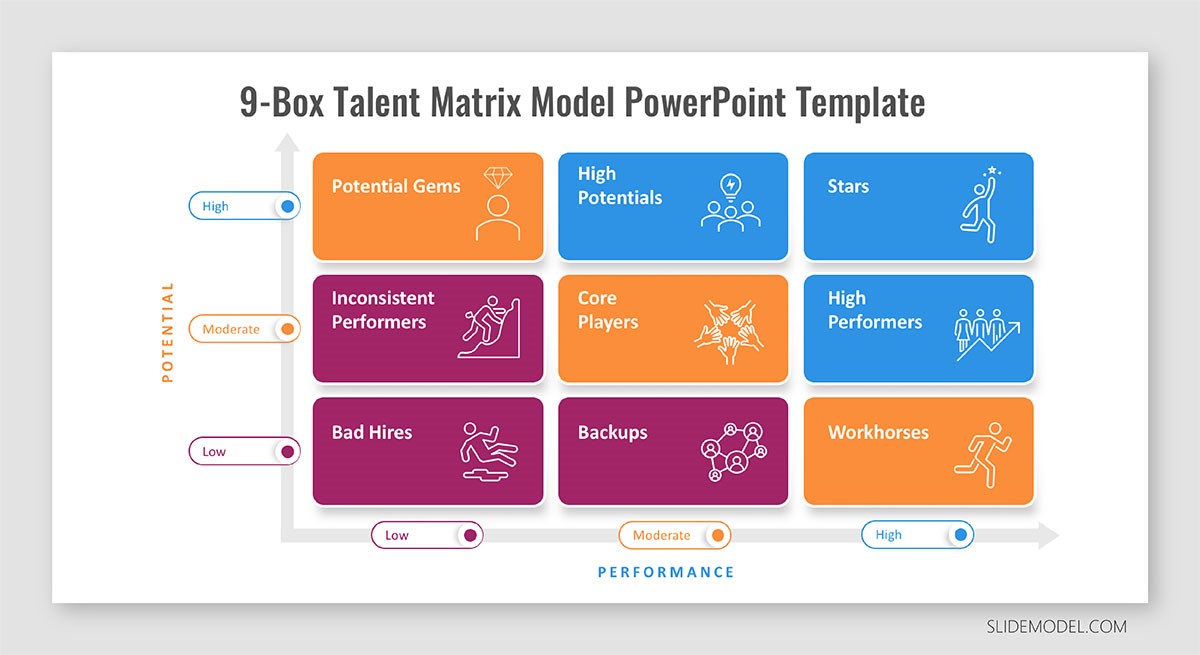
McKinsey 9-Box Talent Matrix
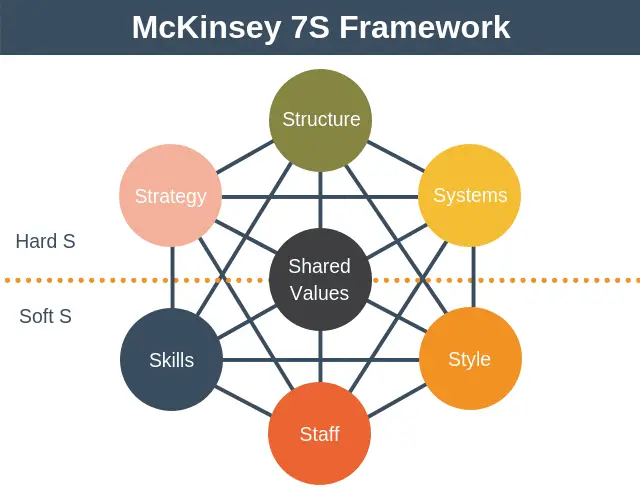
McKinsey 7S Framework
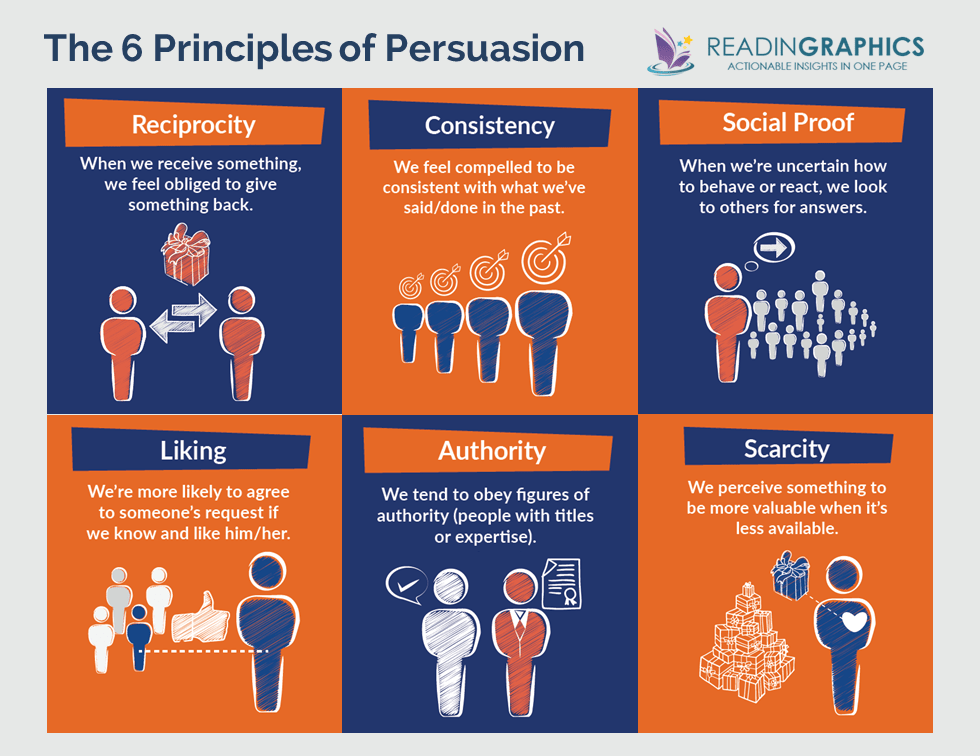
The Psychology of Persuasion in Marketing
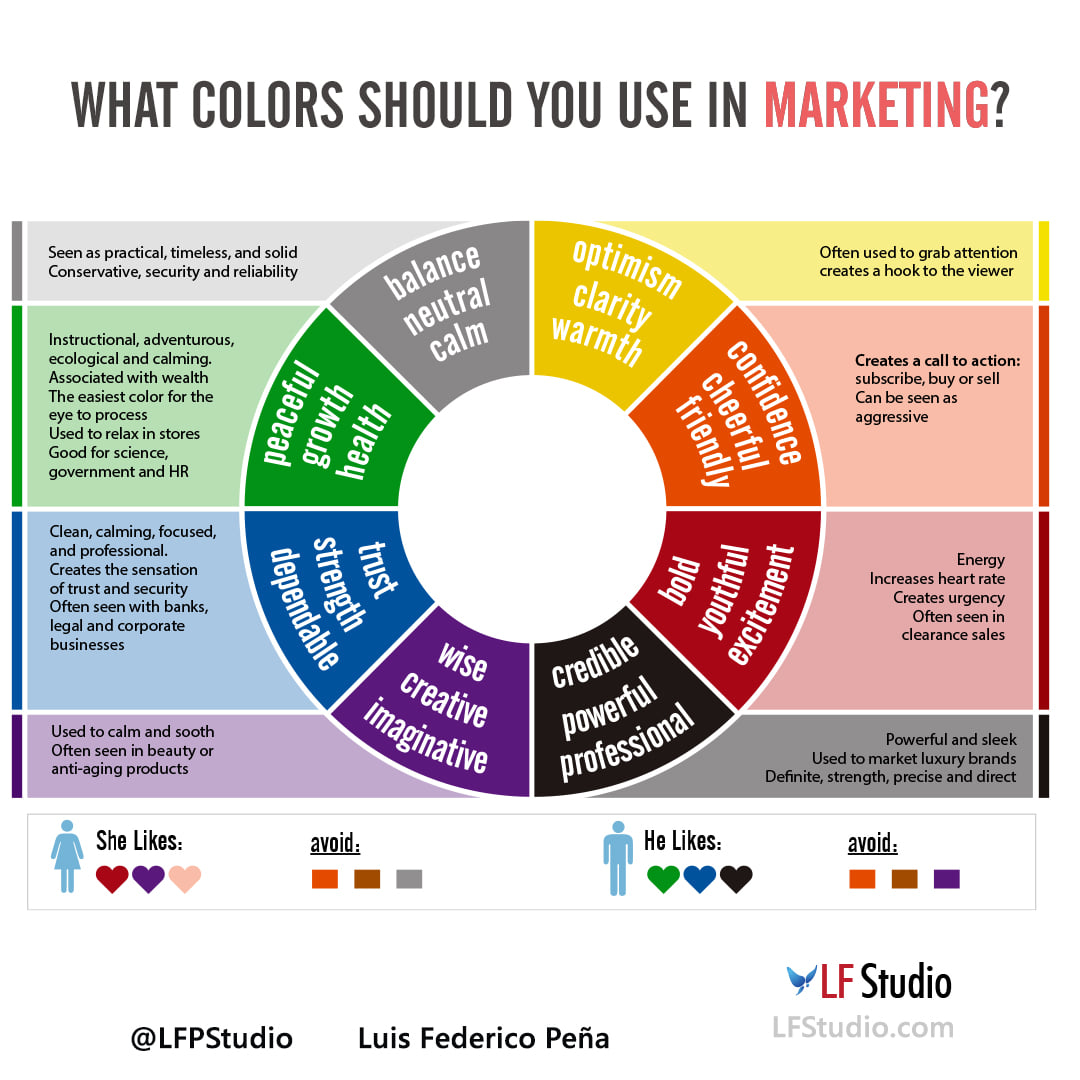
The Influence of Colors on Branding and Marketing Psychology



